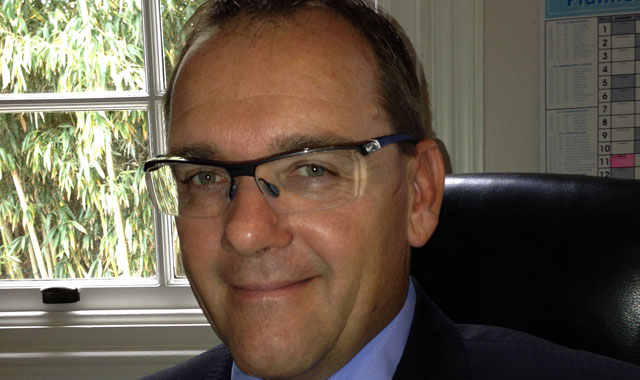
Despite facing a lawsuit from two of its minority shareholders and not yet concluding a business rescue process, troubled pay-television operator On Digital Media (ODM) is pressing ahead with plans to relaunch its TopTV brand as StarSat.
This follows an agreement by China’s StarTimes, which already operates 11 digital pay-TV networks across Africa, to acquire a 20% stake in ODM — the maximum permissible under South Africa’s broadcasting law. However, StarTimes has a 65% economic interest in TopTV under a proposed shareholders’ agreement, meaning it will participate in 65% of any future profits.
The relaunch of TopTV as StarSat will take place on 1 December. As part of the relaunch, StarSat will offer new bouquets — four in total — as well as new channels to South African consumers.
The new bouquets are StarSat Special, which costs R99/month, Sensation (R149/month), Superior (R199/month) and Indian (a R99/month add-on). The new structure offers more channels per package, including NatGeo Gold, BBC, CCTV, Setanta Africa, StarSat Gospel, StarSat Novella and Al Jazeera English. Previously, TopTV had seven packages.
StarSat will also offer adult channels from Playboy TV as part of a distinct bouquet sold separately.
“New channels will be added systematically during November 2013 and will be available in the new packages on 1 December,” ODM says. By then it will have more than 90 channels on its platform.
ODM was placed into business rescue under the Companies Act in October 2012. Business rescue practitioner Peter van den Steen describes the imminent launch of StarSat as a “milestone” in the rescue process but emphasises it does not bring an end to his work.
A number of companies have expressed interest in buying TopTV, including one led by a consortium backed by competitor MultiChoice.
Van den Steen says ODM has renegotiated a number of contracts with suppliers at “significantly” better terms than before, and that this puts the company on a much more solid footing.
“There are almost 60 contracts that have been renegotiated involving tough contracts with suppliers that have huge leverage over the business that had to be convinced to come to the table and renegotiate. Some suppliers were cooperative, some less so,” Van den Steen says.
Several outstanding issues still need to be addressed in the business rescue process, not least approval from communications regulator Icasa for the transfer of ODM’s network service licence to a new entity called StarTimes Media South Africa. ODM’s other operating licences, its broadcasting licence which prohibits greater than 20% foreign shareholding and its radio frequency spectrum licence, will not be transferred.
ODM’s launch of StarSat comes in spite of legal action from two disgruntled ODM shareholders, who have taken the company and Van den Steen to the high court in an effort to stop what they call the “premature” implementation of a business rescue plan agreed to on 30 April 2013.
The two parties, First National Media Investment Holdings (FNMIH) and Mergan Moodley, who together hold 21,1% of ODM’s equity, have brought the application on an urgent basis. They claim they were excluded from a new shareholders’ agreement, required in terms of the business rescue plan for ODM.
The application is supported by an affidavit by former TopTV CEO Vino Govender, who is also chairman and CEO of FNMIH. FNMIH holds 20,4% of ODM, while Moodley owns a further 0,7%. — (c) 2013 NewsCentral Media




